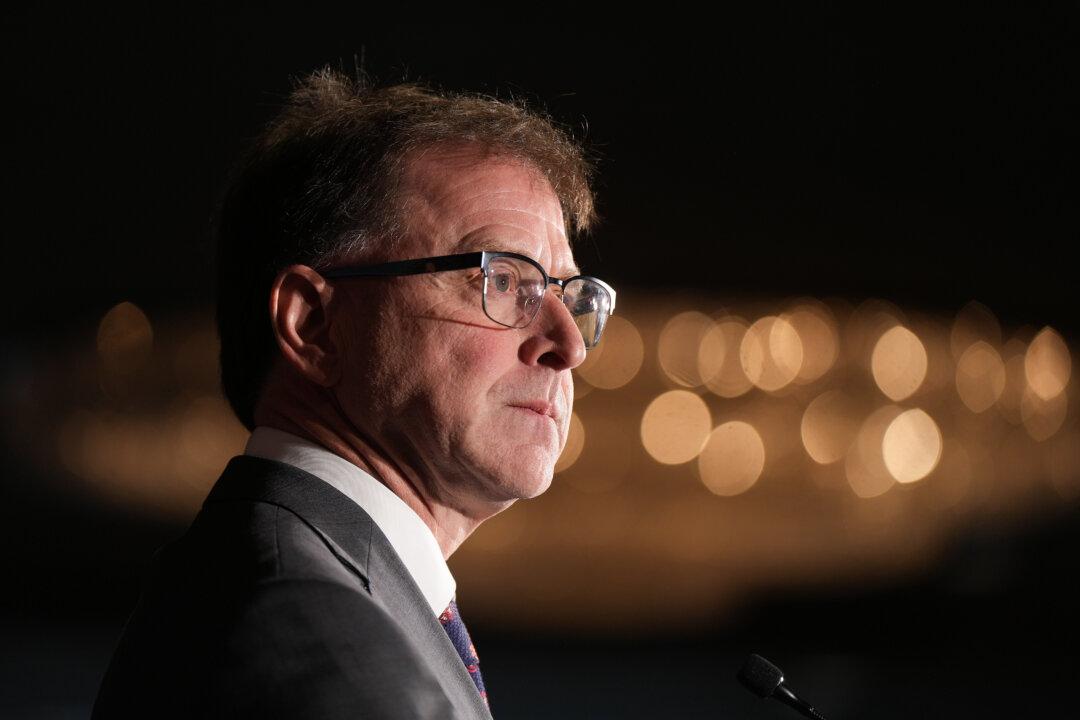British Columbia will send some cancer patients to the United States for radiation treatment starting May 29 in an effort to reduce backlogs and long wait times, says the province’s Health Minister Adrian Dix.
Speaking at a press conference on May 15, Dix said breast and prostate cancer patients will be referred to one of two partner clinics in Bellingham, a city in Washington state, with costs related to treatment, travel, accommodation, and meals fully covered.





